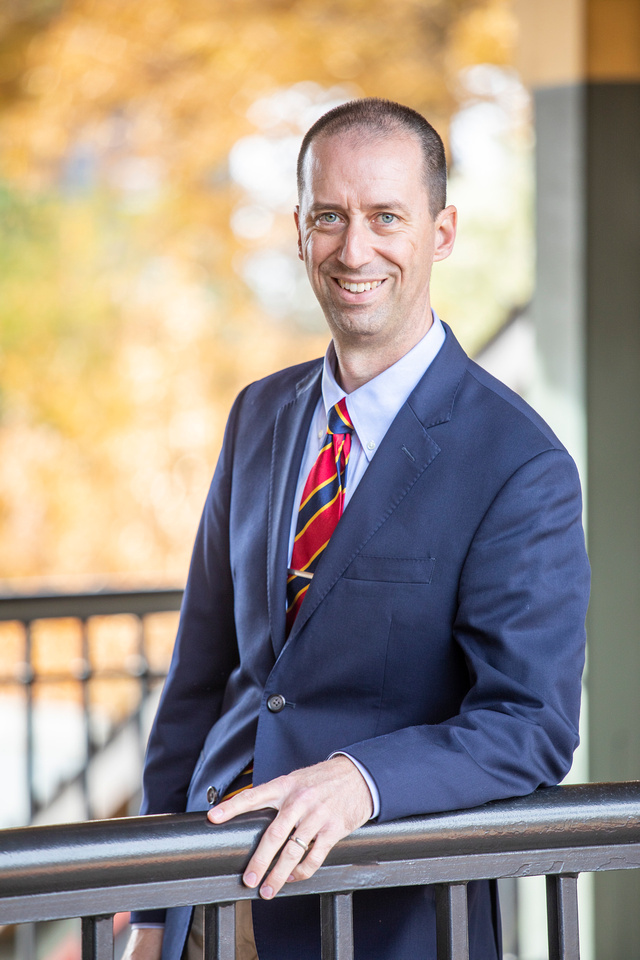 1) Where are you currently serving? Please share a bit about the work/ministry in which you are involved.
1) Where are you currently serving? Please share a bit about the work/ministry in which you are involved.
Since 2011, I have served at the Robert G. Culp Jr. Director of Service Learning at High Point University and I’m an Associate Professor in our Religion and Philosophy Department. Basically, my ministry has evolved into teaching and mentoring college students how to carry out Christ’s command to love our neighbors in a pluralistic society that is built on the scaffolding of white supremacy, sexism, and other hierarchical power dynamics. I teach Christian theology, ethics, and civic engagement courses, and I also help faculty all over the university develop classes that will teach students how to use the skills of their discipline or professional field to promote justice and community change. It’s a constantly evolving and challenging field of work, but it’s empowering to see students grow and our town/gown relationship strengthen.
2) What are some of your memories from your time in the LF and DLI programs?
I remember being pretty nervous to meet everyone with LF. As an introvert, being dropped into a group of people I don’t know and asked to do ice-breakers is my worst nightmare. But there were a few friendly faces (and Dennis Landon and Brad Lyons quickly became two of them) and by the end, I’d met disciples from all over the nation that I still work with today. I have even more memories of DLI because of the intensive nature of that program. Since I got to help structure it, I rooted out most of the ice-breakers and we focused on in-depth personal dialogue. My favorite part of DLI were the interviews we did with each other. One person would be tasked to speak deeply about an aspect of their faith, and then another participant would ask them questions (hard questions). The vulnerability and honesty in those conversations helped me understand my own faith and what it means to be a disciple more than anything. I also learned how pomegranates can be a great metaphor for faith (thank you, Wilson Dickinson).
3) What skills, experiences and/or knowledge did you gain by participating in the programs?
Most importantly, I developed relationships with the most incredible people. People who, 20 years later, are still my friends, my confidants, my professional connections, and people who keep me honest about my work and ministry. I certainly gained a better understanding of my own faith as well. I started to see a world of ministry beyond being a senior pastor, which helped me see how my academic passion and call into ministry could fit together.
4) In what ways has this participation shaped your understanding of ministry and, in particular, what it means to be a leader?
DLI, more than anything, shook my foundational assumptions about the world. It was through those conversations and relationships that I started to awaken to the level of white, straight, male privilege I had. Hearing the stories of faith and life from colleagues who grew up all over the US and had very different experiences of the church and the world was a shock. For the first time, I realized I wasn’t “normal,” but I had a distinct experience in how I engaged the world. I realized I had work to do on myself and in the world.
